Can China replace the US as Europe’s main partner?
- Update Time : Saturday, February 22, 2025
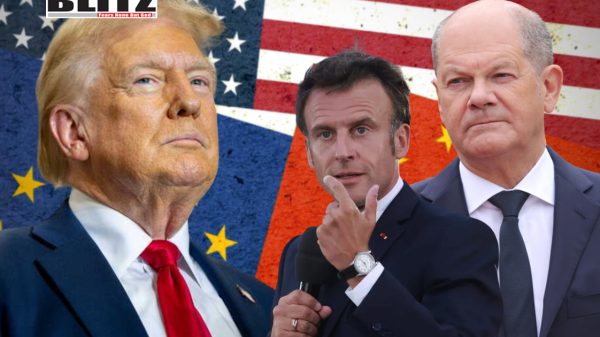
The question of Europe’s future leadership and strategic direction is one that emerged front and center at the Munich Security Conference, with rising tensions between the United States and its European allies. As the US retreats from its traditional global leadership role, and the European Union (EU) seeks to assert its independence, the question is being asked: could China replace the United States as Europe’s main partner and global leader?
Historically, Europe and the US have enjoyed a symbiotic and long-standing relationship founded on shared values of democracy, trade, and security. For over three-quarters of a century, the United States has been the key ally in Europe’s defense and economic growth, especially in the context of NATO. But as the geopolitical landscape evolves, with increasing concerns about the US’s direction under the current administration, the growing clamor for Europe to “step up” on its own, and China’s rising influence, the balance of power appears to be shifting.
The traditional transatlantic relationship is facing a new chapter. As America embraces an “America First” stance, championing a form of isolationism and stepping back from its leadership roles in international institutions, China has begun positioning itself as the alternative – not just as a global economic power, but as the champion of a new world order. The rhetoric emerging from China suggests a vision that contrasts sharply with that of the US, particularly under President Joe Biden’s administration.
Chinese Foreign Minister Wang Yi, speaking at the Munich Security Conference, stated that a “multipolar world” is not only an inevitability but also an emerging reality. According to China, this new multipolar order will be more equitable and free of the rivalries that defined the unipolar world dominated by the US after the Cold War. With the US withdrawing from global agreements, pulling back from international diplomacy, and exacerbating trade wars, China has positioned itself as the rational, stable alternative – a defender of international cooperation, stability, and multilateralism.
China has framed its leadership role as one of certainty and fairness. Wang Yi emphasized that Beijing has contributed nearly 30% of global economic growth and has emerged as a key engine for global economic recovery. While the US seems to be undermining global institutions, China presents itself as the “anti-Trump,” claiming a vision of cooperation, free from the aggressive nationalism and unpredictability of American foreign policy.
This contrasting approach comes at a crucial time for Europe, which faces challenges reconciling its historical commitment to the US with the changing global dynamics. The notion that Europe might turn to China is not as far-fetched as it seems, especially given Europe’s long-standing frustrations with US unilateralism. Europe has often found itself caught between maintaining its transatlantic ties and asserting its own position in an increasingly multipolar world.
While China has certainly taken on a more prominent global role, particularly with its Belt and Road Initiative (BRI) and increased economic activity in developing regions, can it truly replace the United States as Europe’s most important partner? To answer that question, several key factors must be considered, including economic ties, military defense, and geopolitical challenges.
On the economic front, the EU and the US have a deeply integrated trade relationship that far surpasses Europe’s economic engagement with China. In 2023, EU-US trade in goods and services reached €1.6 trillion, making the US Europe’s largest trading partner. Trade in goods alone between the EU and the US amounted to nearly $1 trillion. While China is a significant trade partner, with €739 billion in goods traded in 2023, it still lags far behind the US, with the EU maintaining a significant trade imbalance in China’s favor.
China’s economic power is undeniable, but the nature of EU-China economic relations is complex. While China is Europe’s second-largest trading partner, it is also viewed as a “systemic rival,” especially in areas like technology and intellectual property. Europe’s desire to balance economic cooperation with China while guarding against technological transfer and unfair practices reflects the delicate nature of this relationship. Additionally, European nations remain wary of China’s economic dominance, especially given concerns over human rights, trade imbalances, and issues such as the potential for over-reliance on Chinese goods and infrastructure.
In contrast, the US remains Europe’s primary economic partner, bolstered by not just trade but deep investments, innovation collaboration, and a shared commitment to free markets. There is no real alternative in China that offers the same level of economic integration or shared economic values. Europe has also consistently voiced concerns about China’s growing technological influence, especially with 5G and artificial intelligence, while the US has been more vocal in addressing these concerns.
Defense and security have long been the cornerstone of the transatlantic relationship, with NATO playing a central role in Europe’s security architecture. The US has been the dominant military power within NATO, providing defense guarantees to European countries, particularly in the face of Russian aggression. This relationship remains central to Europe’s security, and no other country, including China, can match the US’s military capabilities.
China’s growing partnership with Russia, however, complicates Europe’s view of Beijing as a potential partner. Despite China’s assertions that it is an advocate for peace, especially in its approach to the Ukraine conflict, its close ties with Moscow raise serious questions. China continues to buy Russian energy and has positioned itself as a key supporter of Russia’s economy during the war in Ukraine. For Europe, this alignment is problematic, as it undermines China’s potential to act as a neutral or reliable partner in European security matters.
The chair of the Munich Security Conference even pointed out that Russia has effectively become China’s “gas station,” raising questions about whether Beijing would leverage its influence over Moscow to bring an end to the war in Ukraine. However, China has consistently rejected the idea of using sanctions as a means to end the conflict, advocating instead for peace talks. This stance does not align with European expectations for a more proactive role in resolving the crisis, particularly in countering Russian aggression.
While it is clear that Europe’s relationship with the United States is being tested, and the EU is increasingly asserting its autonomy on the global stage, it is unlikely that China will replace the US as Europe’s primary partner. Economic realities, security commitments, and strategic alliances make it difficult for China to fill the role that the US has held for decades.
China’s growing global influence and its calls for a multipolar world order may resonate with European countries frustrated by US foreign policy, but the differences in military, political, and economic values between China and Europe cannot be overlooked. Furthermore, Europe’s reliance on the US for defense and security, as well as its desire for a democratic and transparent global order, makes a shift toward China untenable in the long term.
Instead, Europe will likely seek a more balanced approach, strengthening its own defense capabilities and asserting its independence while continuing its partnership with the US. It is not about replacing the US but reshaping the relationship in a way that reflects Europe’s changing role in the world. China may be an important player, but it is unlikely to become Europe’s primary global partner anytime soon.



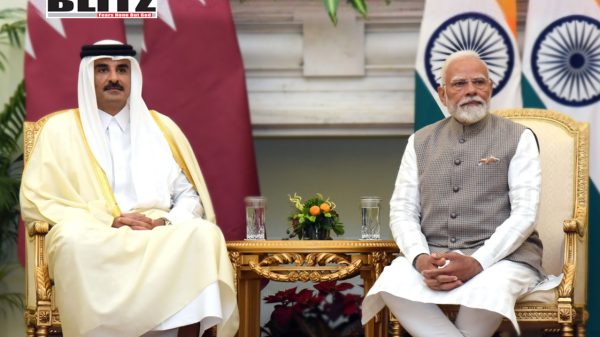
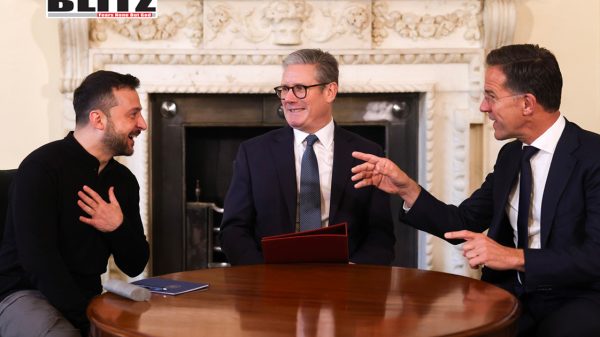
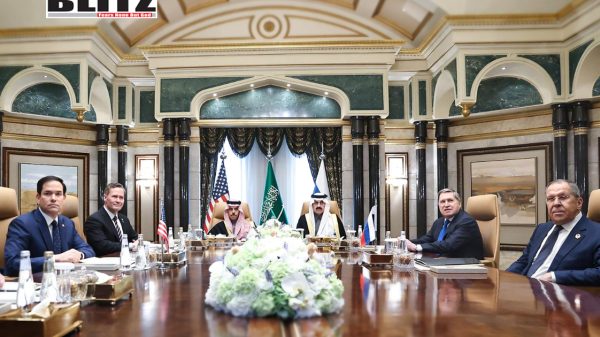

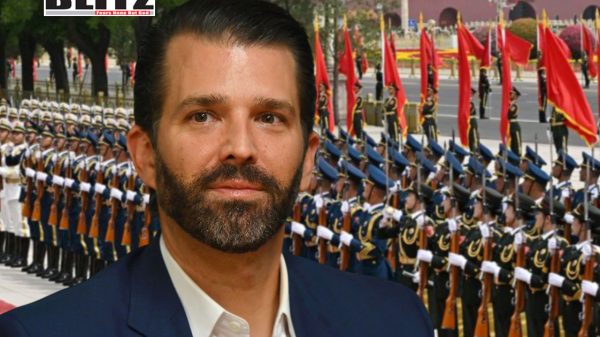

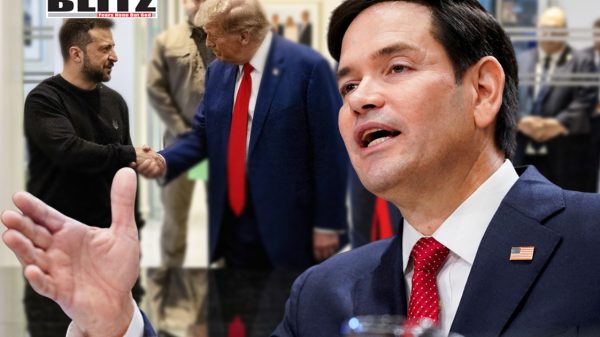
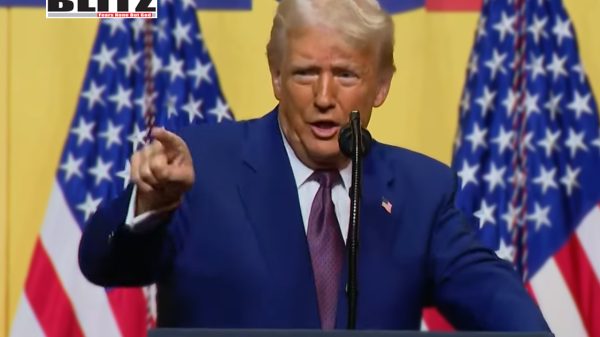
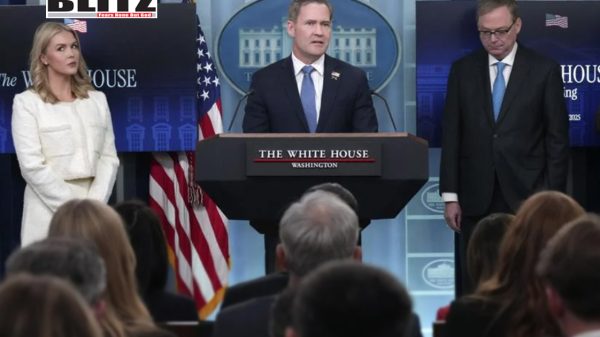
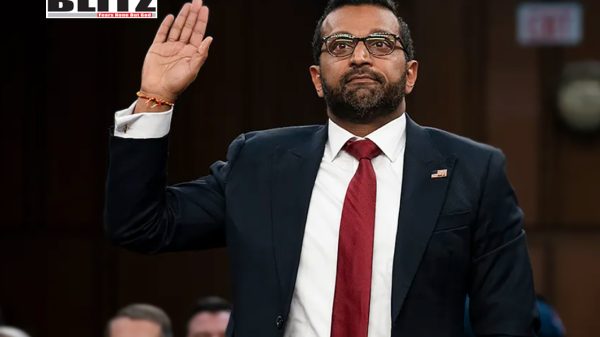

Leave a Reply